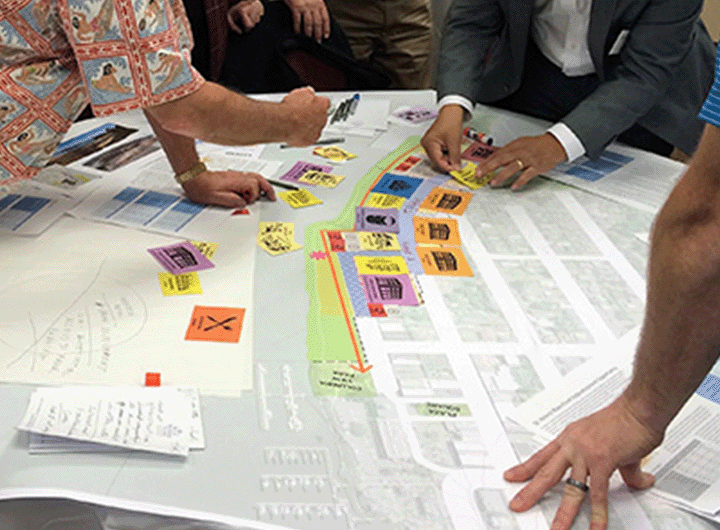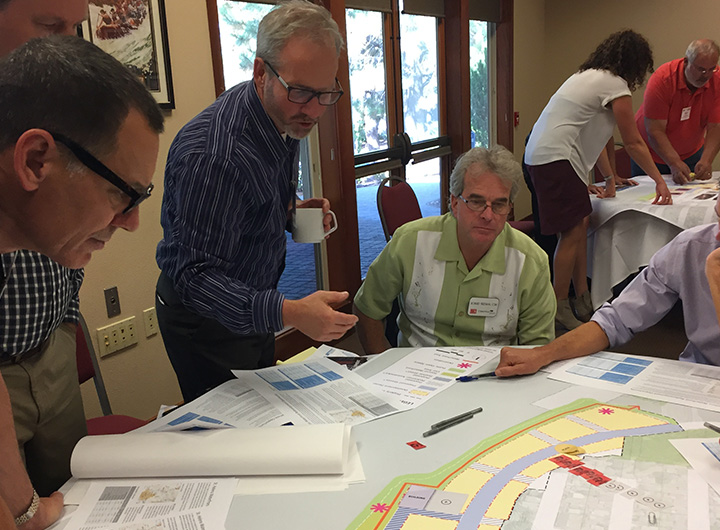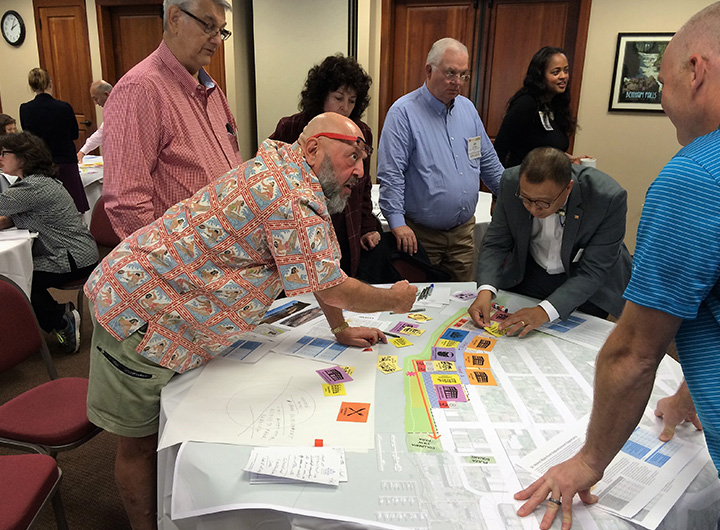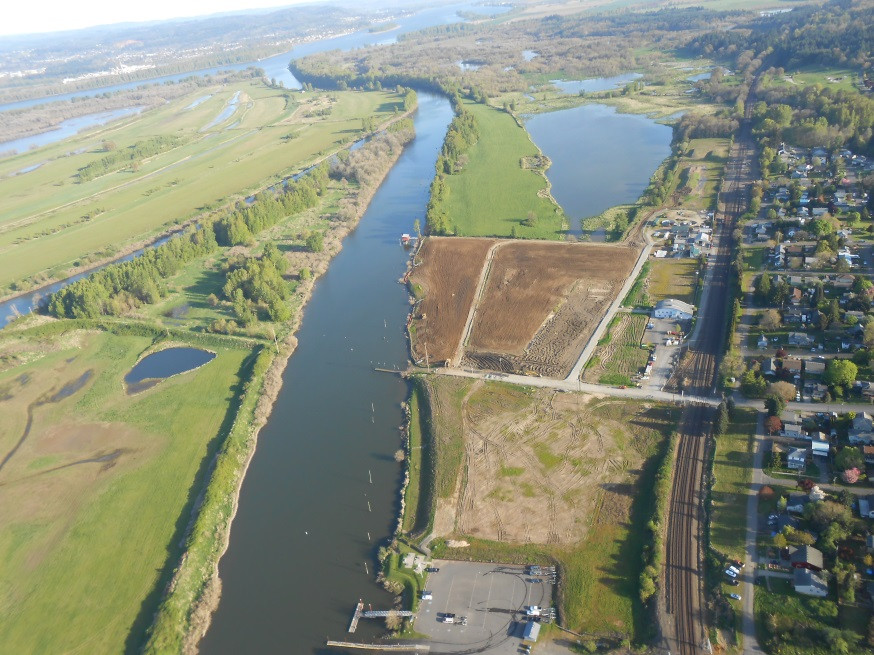Events
CCIM Commercial Real Estate Conference

 MFA staff led sessions on brownfield development at the most recent Certified Commercial Investment Managers (CCIM) Conference, held on September 29 and 30, 2016, in Bend, OR. Jim Maul, Ted Wall, and Seth Otto prepared a dynamic, informative, and interactive program that educated conference participants in the key strategies for brownfield property redevelopment. The program was designed to demystify the sometimes complex worlds of environmental remediation, regulation, and legal structure that define the brownfield universe; and to empower CCIM members to see potential value in brownfield properties and ultimately to feel confident in taking on an environmentally encumbered property.
MFA staff led sessions on brownfield development at the most recent Certified Commercial Investment Managers (CCIM) Conference, held on September 29 and 30, 2016, in Bend, OR. Jim Maul, Ted Wall, and Seth Otto prepared a dynamic, informative, and interactive program that educated conference participants in the key strategies for brownfield property redevelopment. The program was designed to demystify the sometimes complex worlds of environmental remediation, regulation, and legal structure that define the brownfield universe; and to empower CCIM members to see potential value in brownfield properties and ultimately to feel confident in taking on an environmentally encumbered property.
The MFA program was divided into three components that spread over most of the second day of the conference. In the morning session, Jim, Ted, and Seth, along with Jim Brown of James C. Brown and Associates, presented a Brownfields 101 program that provided a foundation in the key issues and strategies of brownfield redevelopment. This included an overview of the state regulatory framework, the environmental due diligence process, funding, and liability protection. The presentation emphasized the relative benefit of the state’s Prospective Purchaser Agreement (PPA) and provided several case studies in which PPAs were instrumental in streamlining and facilitating property transactions.
The lunch keynote featured MFA client City of St. Helens City Administrator John Walsh. John shared the story of the St. Helens Waterfront and highlighted the work that MFA and the city have completed in planning for the future redevelopment of the former Boise Veneer property. John’s presentation set the stage for the afternoon program in which MFA staff, along with partners Jim Brown, Tiffany Johnson of the Oregon Department of Environmental Quality, Ken Leatherman of Alliance Insurance Group, Kevin Reed of DK Reed Investment, and Tammy Wisco of Retia Consulting, facilitated an interactive design charrette for the St. Helens Waterfront. Conference participants were divided into design/development teams and charged with preparing a conceptual master plan for the property and with answering three key questions:
1. How should development on the property be phased?
2. How should the property be marketed?
3. How should a Disposition Development Agreement be structured, and what must be included?
 Conference participants eagerly rolled up their sleeves and dove into the charrette. The outcome from each group was a unique vision for a vibrant mix of uses on the property, with some universal themes for redevelopment: a need to build the population in the area through multifamily housing, a need to have a strong identity and amenities to attract interest, and a focus on engaging with the waterfront. Several of the groups surprised with their approaches to phasing the development, and each group provided a nugget of insight for John Walsh to consider as he looks forward to marketing the site and entering into negotiations with prospective partners in the development community.
Conference participants eagerly rolled up their sleeves and dove into the charrette. The outcome from each group was a unique vision for a vibrant mix of uses on the property, with some universal themes for redevelopment: a need to build the population in the area through multifamily housing, a need to have a strong identity and amenities to attract interest, and a focus on engaging with the waterfront. Several of the groups surprised with their approaches to phasing the development, and each group provided a nugget of insight for John Walsh to consider as he looks forward to marketing the site and entering into negotiations with prospective partners in the development community.
Click the link to download the presentation: CCIM Bend BF 101



